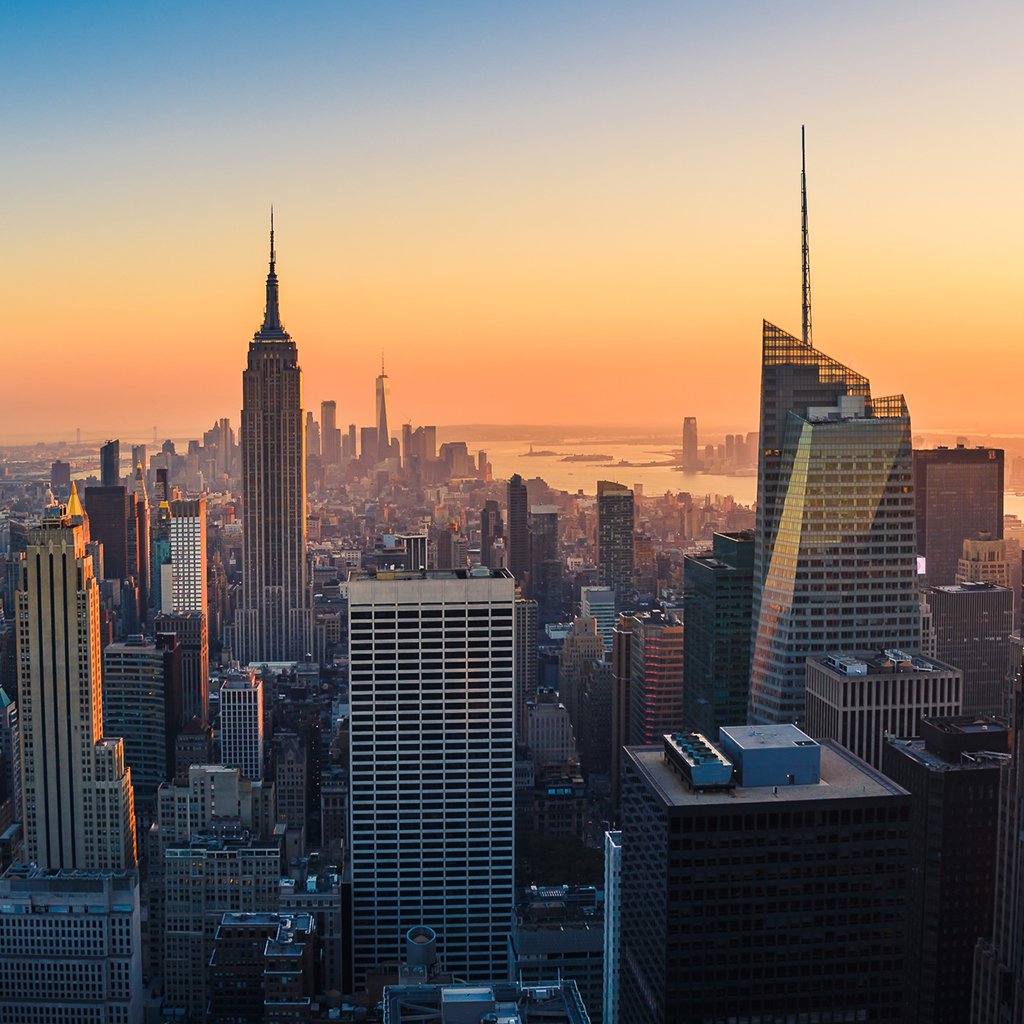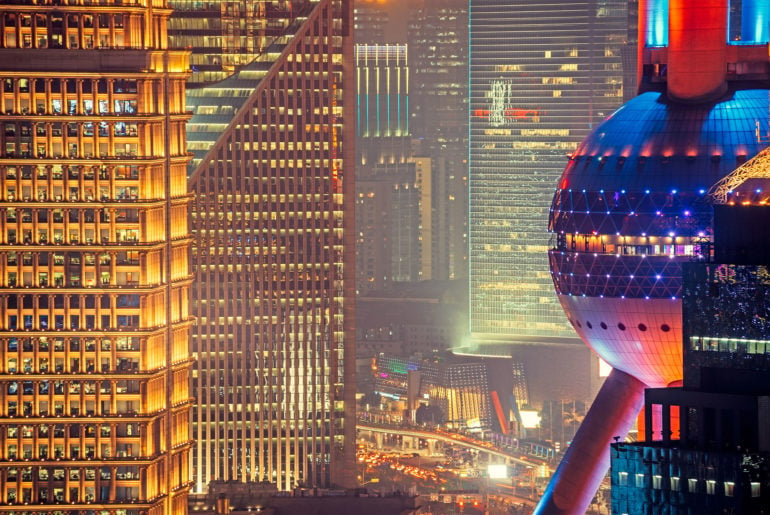Fenway Park[1], Allianz Arena[2] or Allianz Stadium[3], Wrigley Field[4], CitiField[5], Emirates Stadium[6], Etihad Arena[7], all of the aforementioned are sports arenas or stadiums sponsored by third parties that are not actually the owners of the stadium (or arena) itself. This trend has been around for a long time now and it is indeed a very profitable one, achieved through an agreement between corporations and sports clubs.
From a legal perspective, the contracts signed in these cases are the so-called “Naming Rights Agreements” (hereinafter, “NRA”), financial agreements under which a corporation or an individual purchases the right to name a stadium or arena, potentially along with other benefits, for a set period of time in exchange for a financial payment.
NRAs are complex contracts and normally they are the result of long and detailed negotiations. Commonly, NRAs tend to have a duration of minimum 5 years and their content may vary according to the parties’ needs. Unlike sponsorship contracts in general, which can be exclusive or non-exclusive, NRAs are usually an exclusive sponsorships, where the sponsor holds a higher bargaining power and obtains more visibility of the brand, since the economic contribution will usually be relevant. However, in NRAs, both parties may have significant obligations (higher financial burden for the sponsor and higher visibility for the sponsor’s brand) and the partnership may expand to several areas.
As per the terms of the agreement, despite its name, a NRA does not solely allow the company to display its name on the sports arena or a facility of the sport club; there exists an unlimited series of variable terms that can be established between the parties. These may include clauses of an aesthetic nature (stadium designs, colours and logos), relating to the use of the parties’ trademarks in advertising, tax issues, the jurisdictions involved, the players’ image rights (each managed on a personal basis), practices such as ambush marketing and the use of the facility name upon termination of the NRA. Finally, before signing, the parties may also require that a number of risks associated with local legislation (permits, advertising, etc.) be taken into account.
NRAs are transversal in football (both American NFL and football as in “soccer”), basketball and baseball, only to mention some. The main reason behind the popularity of such contracts is the financial income for sports clubs that derives from NRAs. In fact, by allowing the use of a third party’s company name for a famous sports club’s home field, both parties benefit. On the one hand, by entering into a NRA with a famous sport club, a company will be increasing their brand awareness, reputation and, accordingly, its sales, by associating their Company name and brand with the one of a famous sports club. On the other hand, the famous club will be able to obtain funds from a non-traditional revenue stream, increasing its investment capacity for other areas of interest (i.e. transfer of new players, advertising investment, among others).
Generally, more established industries are involved in these operations as sponsors, like financial institutions (American Express, MasterCard, VISA), insurance companies (Allianz), Banks (Citi Bank, Barclays, Banorte o Mediolanum) or Airlines (Emirates or Etihad). Recently, however, other industries entered into NRAs with big sports club (i.e. from the food & beverage sector like Red Bull or M&Ms, or the automotive sector, such as Audi or Nissan).
A clear example of a leader in terms of naming rights is Allianz, sponsor to several football facilities around the world, such as the Allianz Arena in Münich (GER), the Allianz Stadium in Turin (ITA), the Allianz Riviera in Nice (FRA), London’s Allianz Park (UK), Vienna’s Allianz Stadion (AUT), Sao Paulo’s Allianz Parque (BRA) and Sydney’s Allianz Stadium (AUS). The company is also a partner to two football teams, FC Bayern München and FC Barcelona[8], a clear example of the opportunities that a NRA offers in terms of sponsor expansion. Similarly, Allianz recently announced that it will be the new sponsor of the Juventus FC women’s team as of July 2023, following a 103.1 Million Euro deal and succeeding to M&Ms[9].
Naming Rights Agreements are a very complex yet useful tool for both sports clubs with wide audiences and companies who aim to boost up their brand reputation and sales.
Up to this point, only the sports sector has been covered, however, NRAs can be applicable to a wide range of other fields, such as music (theatres’ names), aviation (special names for plane models) or technology (devices bearing a company name). Similarly, other products may be given names of special celebrities in the fashion, sport and automotive sector (i.e. Cristiano Ronaldo’s partnership with Nike for the CR7 collection or the car Acura NSX Alex Zanardi Edition, named after the famous F1 pilot Alex Zanardi). Addtionally, the aviation sector sees a large lot of NRAs (see the Taiwanese Airlines EVA which partnered with Hello Kitty for themed planes[10]).
Another innovative sector where NRAs may be applicable is associated to the virtual world: videogames. As a matter of fact, videogames offer an almost unlimited range of possibilities for the naming of new virtual facilities. For example, a company aiming to boost up sales may agree with Epic Games, owners and developers of the very famous Fortnite Game, to have a specific designated area on the games map bearing their company name (i.e. Coca cola Arena, M&M’s Village, Nike Town). The same could apply to other arcade games such as “Call of Duty”, where the use of virtual facilities or special locations could be subject to NRAs in a very innovative way.
In conclusion, naming rights agreements are a complex and, at the same time, extremely useful tool for both parties in a wide variety of contexts. In NRAs it is very relevant to regulate all aspects of the collaboration, since it is a contract that even though it mainly involves intellectual property law, it also covers other areas of law, as well as various aspects of advertising and marketing. It will undoubtedly be very interesting to see the evolution of these types of contract in the virtual world, as this latter offers a unique opportunity for corporations and companies seeking to improve their reputation and image in an innovative way with the most “digital” generations.
Sources:
- https://www.lawinsport.com/topics/intellectual-property-law/item/stadia-naming-rights-legal-and-commercial-issues
- https://www.law.com/sites/almstaff/2017/06/26/naming-rights-go-beyond-the-brand-and-business-is-booming/?slreturn=20200329152040#
- https://finance-commerce.com/2017/07/allianz-signs-12-year-deal-for-soccer-field-sponsorship/
[1] Fenway Realty (a real estate group) sponsored the Boston Red Sox’s stadium.
[2] Allianz Insurance Group sponsored the Bayern Münich Stadium.
[3] Allianz Stadium is the Juventus FC’s football stadium.
[4] Wrigley sponsored the stadium of the Chicago Cubs.
[5] Citi Bank sponsored the New York Mets Stadium.
[6] Arsenal’s football field is sponsored by the Airline Company Emirates.
[7] Etihad Airlines sponsored the Manchester City’s home field.
[8] https://finance-commerce.com/2017/07/allianz-signs-12-year-deal-for-soccer-field-sponsorship/
[9] See the full news here: https://www.thestadiumbusiness.com/2020/02/13/allianz-extends-juventus-stadium-naming-rights-deal/



